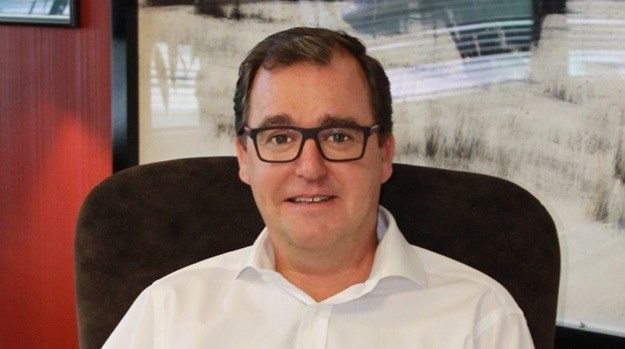






Several studies indicate that the world of work will change radically in the next two to five years. Health and safety concepts that focus on the individual, like lean manufacturing, organisational excellence and the learning organisation, will become fundamental to the sustainability of organisations of the future. But what does this mean for businesses on the ground?
Organisational health and safety is a multidisciplinary field concerned with the safety, health, and welfare of people at work. Important national and international laws, standards and guidelines exist to govern this arena, with the potential to reduce costs to your organisation, the employees themselves, and the communities in which they’re a part.
The basic regulations, however, are not enough to instil tangible wellbeing; most companies offer that. Real engagement requires an authentic, pervasive investment in the individual. Lean manufacturing and learning endeavours that strive for corporate excellence, for instance, are about minimising waste, maximising efficiency and embracing an integrated community culture.
In the future, all organisations, irrespective of industry, will have to focus on creating an engaged and positive workforce if they are to remain competitive. After all, studies indicate that personally invested employees are 15-18% more productive than those who aren’t.
You might assume that the kind of people investments referred to here would knock your bottom line, but evidence suggests the opposite; they’re surprisingly profitable. In fact, workforce health and wellness programmes are positively associated with companies’ financial performance – due, among other things, to:
Corporate wellness programmes
A common approach to organisational health and safety is implementing a corporate wellness programme. Evidence suggests that organisations using these initiatives reduce absenteeism by as much as 2.6 days per employee per year, with a return of R4 on every Rand invested.
The focus of these wellness programmes on physical wellness, however, isn’t necessarily enough. Dr Deonie Botha, strategic manager at Sebata, says, “The scope and organisational reach of occupational health and safety should be broadened to include aspects relating to the psychosocial wellness of employees. The divide between physical health and safety and psychosocial wellness are superfluous, since more organisations are starting to realise that the two aspects cannot be separated.”
Studies show that mental illness contributes to high levels of absenteeism, poor work quality and impaired productivity. The social cost of mental illness is also severe, as these issues fuel a cycle of consequences that include substance abuse, crime, violence and marital and family breakdowns... all factors that chip away at employee engagement and performance.
It’s understandable, and it has been proven by countless studies, that employees feel physically and psychologically secure when they are engaged and fulfilled. To achieve this, it makes sense for companies to adopt an operational excellence framework that addresses business strategy, leadership development, and cultural transformation.
Specifically, the most engaged employees work in environments that are comfortable, uncrowded, quiet when necessary, and positively stimulating, with plenty of fresh air. Further, ‘good’ environments also offer psychological support, a fair and honest company culture, respect, growth, recognition, influence and a manageable workload.
Such workplaces, however, cannot be achieved through the efforts of a single department; they require a tangible investment on a corporate level. In other words: real, sustainable employee wellness is a leadership-driven initiative, not an HR-driven one.
According to Dr Botha, some of the international trends in workplace health and safety include:
Dr Botha also notes that there’s been a recent shift to applying neuropsychological principles to safety management. She says, “By using neuroimaging techniques, neuroscientists can now make precise inferences on what is going on inside the brain, and how it relates to observable behaviour. By understanding this, businesses could find smart ways to influence behaviour, and create lower-risk work environments.”
The evidence is mounting in favour of investing in the people in your organisation. Employees want to feel noticed, special - like they make a difference. With happy, engaged staff, positive financial returns, and a competitive edge, there’s no surprise that some of the world’s most successful organisations are adopting these strategies. As for the South African market, the comparatively slow uptake has created a notable gap that could yield some exceptional returns.